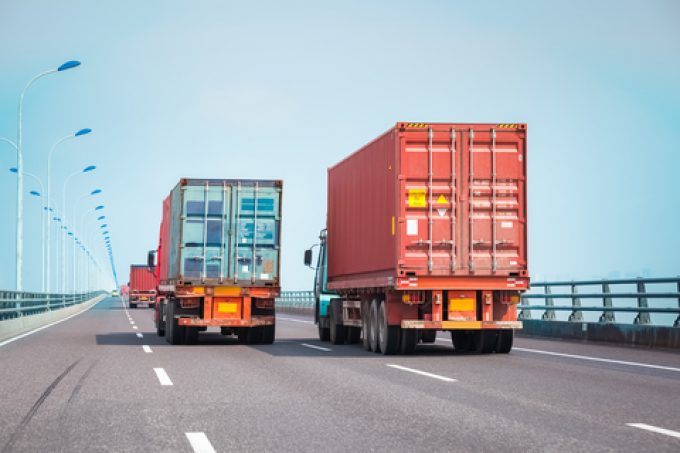Are UK businesses ready for safety and security declarations for EU imports?
Alex Pienaar, HM Revenue and Customs’ (HMRC) director of customs policy & strategy, explains what ...

European hauliers are eyeing the UK as a new base as they look to comply with new EU driver regulations.
However, the UK Road Haulage Association (RHA) has concerns over driver shortages.
Legal advisory DWF polled 250 EU-headquartered haulage firms and found that, despite Brexit, Covid and ...
Keep our news independent, by supporting The Loadstar
Four crew members still missing as Wan Hai 503 continues to burn
Explosions and 'out-of-control' fire reported on Wan Hai box ship
Carrier price hikes hold, driving spot rates higher as space gets scarcer
Predatory rivals circle as the ripples from DSV's Schenker buy widen
MSC Elsa crew face criminal probe, as Wan Hai 503 firefighters battle on
Transpacific rates ease as capacity boost proves too much for trades to digest
'It's driving us mad', say forwarders as US court fails to end tariff turmoil

Comment on this article